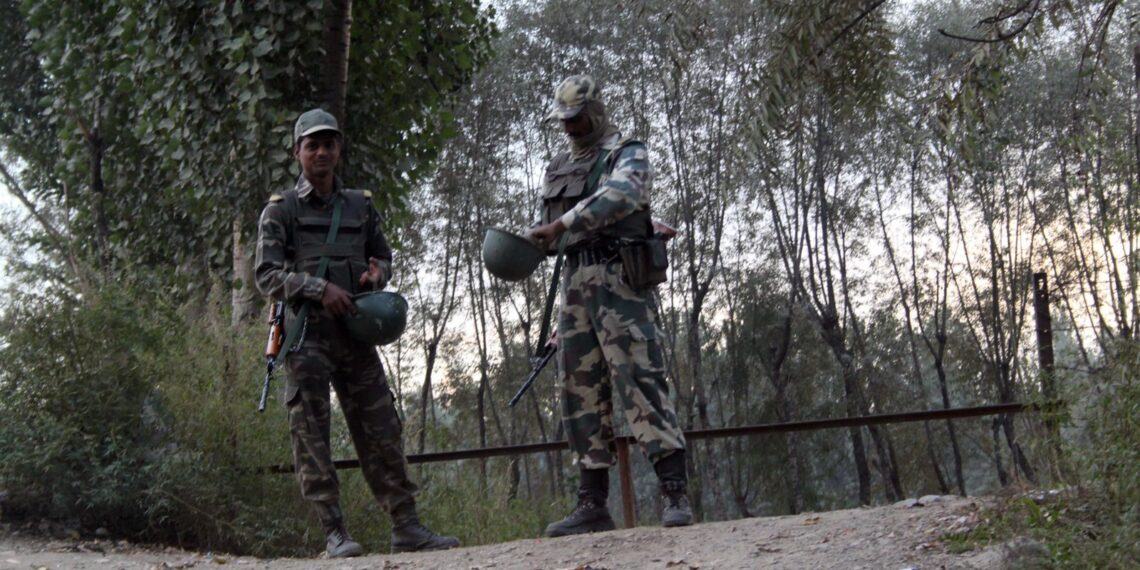China has announced its decision to boycott the upcoming G20 tourism meeting that was scheduled to be held in the disputed region of Kashmir, causing diplomatic tensions between China, Pakistan, and India.
Both China and Pakistan have condemned India for organizing the event in Kashmir, a Muslim-majority region that has been a point of contention between India and Pakistan for decades. While both countries claim the entire region, they only govern specific parts of it. The dispute over Kashmir has resulted in three wars between the two nations since their independence from the United Kingdom in 1947.
As the current chair of the G20, India had planned a series of meetings across the country leading up to the summit in New Delhi in September. However, China has firmly expressed its opposition to holding any G20 meetings in disputed territories and has decided not to participate.
Tensions between India and Pakistan escalated in 2019 when India changed the status of Jammu and Kashmir state, revoking its special status and converting it into a federal territory. The state was divided into two federal territories, Jammu and Kashmir, and Ladakh, with a significant portion of Ladakh under Chinese control.
The Indian-controlled part of Kashmir has experienced ongoing turmoil, with a rebellion seeking independence or integration with Pakistan. The conflict has resulted in the deaths of tens of thousands of civilians, soldiers, and Kashmiri rebels.
Relations between New Delhi and Beijing have also been strained following a military clash in Ladakh in 2020, which resulted in the loss of 24 soldiers’ lives.
The city of Srinagar, the summer capital of Jammu and Kashmir, was set to host a meeting of the tourism working group for G20 members from May 22 to 24. However, China’s boycott of the event has added another layer of complexity to the already tense situation in the region.


